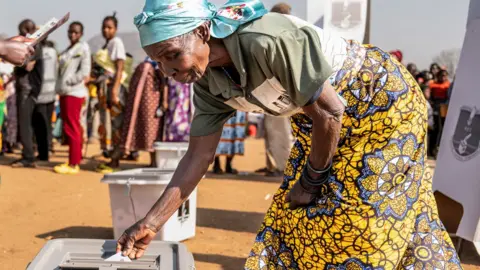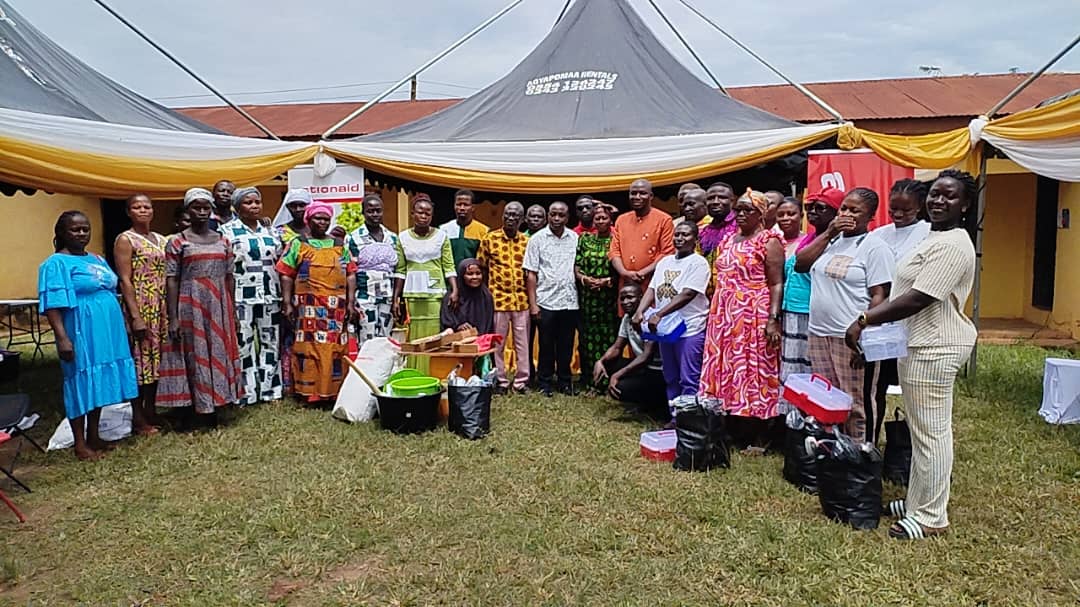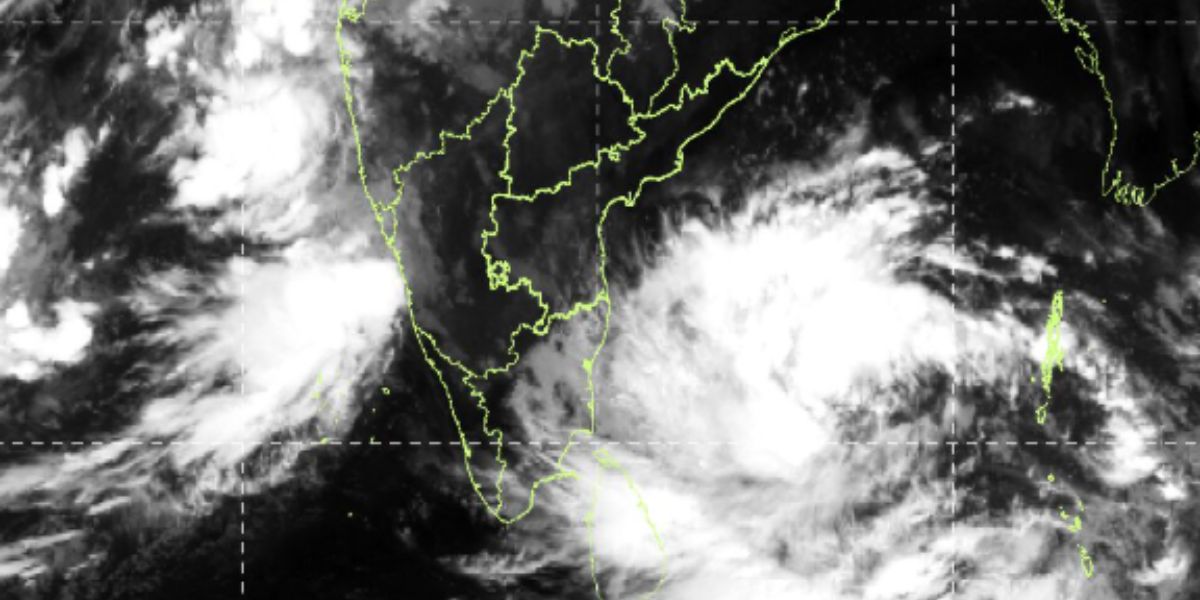Copyright capitalradiomalawi

In a turn of events, women voters emerged as the central force in Malawi’s 2025 general elections, influencing both the presidential and parliamentary outcomes. According to preliminary data published by the Malawi Electoral Commission (MEC), women’s participation in the 2025 elections was exceptionally high. With 57.2% of the 7.2 million registered voters being women, their collective voice proved pivotal in shaping the nation’s political landscape. However, this show of civic engagement did not translate into an equal share of leadership positions for women. MEC further indicates that the 2025 elections saw a remarkable turnout, with 76.39% of registered voters casting their ballots. Women, constituting the majority of the electorate, demonstrated an unprecedented level of participation and enthusiasm. For first-time and middle-aged voters, the motivation to participate stemmed from a desire to influence change in a country grappling with persistent economic and social challenges. First time voter Sangwani Nyirenda , a 26-year-old teacher from Phalomba District, said she decided to vote because of the struggles the country was and continues to face, hoping the new administration would bring positive change. “Looking at challenges that the country was facing, I thought it was a very good idea to be part of the people that make a change by voting—making a better decision for our country,” she said. She, however, expressed concern that women’s issues were not adequately prioritized. “I don’t think that women concerns were taken into consideration very much. But I’m impressed that some women were considered for running mate positions. There is still some hope that our leaders will consider women’s issues.” Middle-aged voter, Jane Mungomo hoped that the situation in the country would improve if she participated in the election through the ballot. “If things improve, our lives make change. But I noted that on the polling day also noted that women with young children were not given the opportunity to vote early. Following the change of government, we expect to buy things at a better price compared to before,” she said. However, this strong voter presence did not translate into proportional representation in elected positions. MEC spokesperson, Sangwani Mwafulirwa confirmed that women played a proactive role in the electoral process but made up a small percentage of candidates who contested for various positions. “The number of women contesting as candidates, if you compare it with men, they form a very small percentage of candidates. Most of the candidates that excel or voted to office, majority are men if you compare to women which is converse of what we see of women as registered voters,” he said. With 48 women elected in the September 2025 elections up from 40 in 2019 Malawi is making steady progress toward a more inclusive democracy. However, the gap between women’s participation as voters and their representation in leadership remains a pressing concern. Mwafulirwa explained that several factors contributed to this imbalance. “It could be the structural or cultural systems. Women’s engagement has been unprecedented, particularly in rural areas where civic education campaigns encouraged registration and voting” he said. Political parties have acknowledged the growing influence of women voters and are responding by increasing outreach programs and pledging to include more women in leadership roles. Director of Women at the ruling Democratic Progressive Party (DPP), Mary Navitcha, said the number of women who expressed interest in contesting the 2025 elections was higher than in previous years . However, many faced financial and logistical barriers. “To organize just a rally requires a lot of money, and this has caused a good number of women to withdraw midway,” she said. She added: “we are going to campaign for women we are going to lobby for more women in in parliament and other departments” Navitcha said. Navicha further pledged to advocate for women so that they can be considered in top positions. “We are going to influence our leaders to consider women in some positions as we always believe in women empowerment. This has been demonstrated through the appointment of women legislators as chief whip and deputy,” she said. Gender equality advocates emphasize that Malawi’s progress depends not only on voter turnout but also on policy reforms that ensure women’s inclusion in governance. Chairperson for the NGO Gender Coordination Network, Maggie Kathewera Banda, said adherence to the Gender Equality Act is essential, especially when making public appointments such as cabinet positions. “So it says that for any public appointments, there should not be more than 60% and not less than 40% of high-end sex. Banda says by doing so, many women will also find their way to higher positions despite not making it as MP’s. “The cabinet is has to follow the gender equality act because it’s a law, and therefore it has to be implemented because most of the time people will say, oh no, why is it that women are demanding this? So when it’s a law, then that law has to be implemented. So that’s what we are looking for,” she said. The 2025 elections highlighted both the power and responsibility of Malawi’s female electorate. While women’s numbers were decisive in shaping the polls, experts insist that sustained efforts are needed to ensure their voices influence governance, policies, and leadership beyond Election Day. It is therefore crucial that authorities empower women so that the number of female voters translates into the number of women voted into power. This way, Malawi will continue moving closer to achieving the 50:50 Campaign, a national goal conceived in 2004 but yet to be realized. The 50:50 Campaign in Malawi has not yet achieved equal representation of women in political leadership, and progress has been inconsistent over the years. While the campaign has increased awareness and led to some gains, particularly with the election of the country’s first female vice president and president, these advances were followed by significant backslides About The Author



